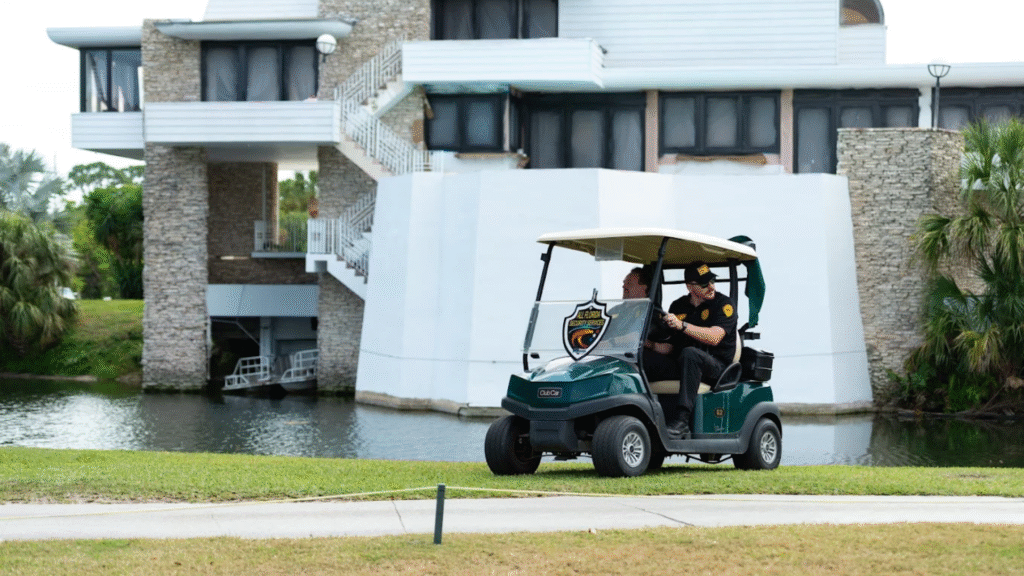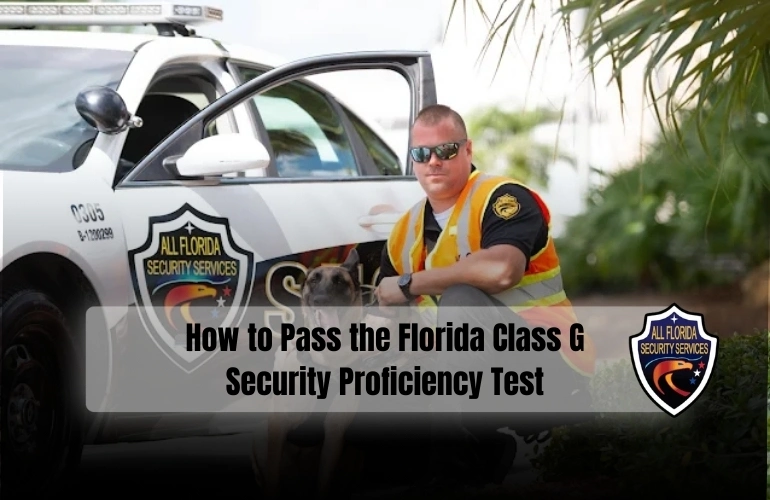Every day, security officers handle situations that demand fast thinking and detailed documentation. Whenever they occur, from minor disruptions to major incidents, writing a proper security incident report is perhaps the most crucial part of officers’ responsibilities. Precisely, this report is used to log what happened, who did it, and what was done about it, making it a legal and operational document for future referral.
Regardless of how familiar you are with the workplace, knowing how to properly write a security incident report ensures nothing important is left out.
What Is a Security Incident Report?
A security incident report is a comprehensive account written by a security officer to report a duty-related incident. It includes several basic but must-have facts, such as the date, time, place, individuals involved, and the order of incidence.
Such reports are employed in many contexts, including office buildings, shopping malls, construction sites, or particular events, to serve as evidence and assist investigations, if necessary.
Why Security Reports Are Important
To write good notes for security is not only about documents but responsibility. Well-written reporting fulfills several essential functions:
- Provides accurate documentation: It uses the report as a means of enabling reality, preventing any misunderstanding.
- Protects the officer and company: Specific details are not only negative false claims but also the reason for legal complications.
- Supports investigations: Depending on the case, the police, insurance companies, or the employer will need formal proof.
- Improves future security: Reports can indicate patterns or gaps, so similar incidents do not happen again.
- Demonstrates professionalism: Properly and impartially created forms demonstrate to your superiors and clients that you treat your function having the required respect.
In summary, a well-detailed and accurate security officer incident report ensures accountability, transparency, and safety for all organizations.
How to Write a Security Incident Report
While creating a perfect security guard reporting document requires lots of practice, the following steps can assist you in getting it right: Make it factual, organized, and lucid.
Therefore, below is a step-by-step procedure for writing an accurate security incident report.
Start with the Basics
First of all, near the tip of your document, make sure you all the time embody the basic data:
- The date and time of the incident
- The particular location
- The names of the people concerned – officers, bystanders or suspects
- Your name and badge/ID number.

Write an Objective Description of the Event
Describe the incident that took place as completely as possible without adding your private opinion and assessment of the circumstances. Write in neutral, professional language.
Include Chronological Details
A reliable security officer’s report tells the story about what happened within the order in which it happened. In case of a theft incident, the report ought to clarify each; however, it was aware and the actions taken.
Include Witness and Evidence Details
If witnesses have been present, you need their names and contact info, together with any statements they could have given. You should also include any physical and other evidence: images, posts, vandalized property.
Record Your Actions and the Final Outcome
Describe precisely what actions you took to remedy the state of affairs and how it was resolved. Do not forget to mention if emergency services or the authorities were called.
Write Clearly and Professionally
Good security guard reporting requires clear and simple writing.
Here are a few key rules to follow:
- Use short, clear sentences.
- Write in past tense (e.g., “I observed,” “I responded”).
- Avoid slang or emotional language.
- Use complete names and titles when possible.
- Proofread for spelling or grammar errors before submitting.
Attach Evidence or Supporting Documents
If available, include photos, video stills, or signed witness statements.
Label everything properly and reference it in your report.
Step 8: Review Before Submitting
Before turning in your report, double-check:
- Are all names, times, and dates correct?
- Did you include your full contact information?
- Is the report free from opinions or bias?
- Did you follow company format or policy?
A final review helps you catch small mistakes that could create confusion later.
Tips for Writing Effective Security Reports
Here are a few professional tips to make your security reports clear and useful:
- Be objective: Focus only on facts, not opinions.
- Be thorough: Include all relevant details, even if they seem minor.
- Stay consistent: Follow the same report format every time.
- Write immediately: Don’t wait too long after the incident—details can fade.
- Keep copies: Always save a personal or digital copy for reference.
- Use standard forms: Most companies have templates to make reporting easier.
Following these tips ensures that every security incident report you write is accurate, complete, and professional.
Conclusion
A well-written security incident report is a cornerstone of professionalism in the security field. It protects everyone involved, helps resolve issues faster, and ensures transparency and trust in every situation.
When writing your next report, remember to stay factual, use clear language, and record every detail from start to finish. It’s not just about paperwork—it’s about doing your job with integrity and precision.
To learn more about security officer training and reporting best practices, visit All Florida Security Services for expert guidance and resources.






